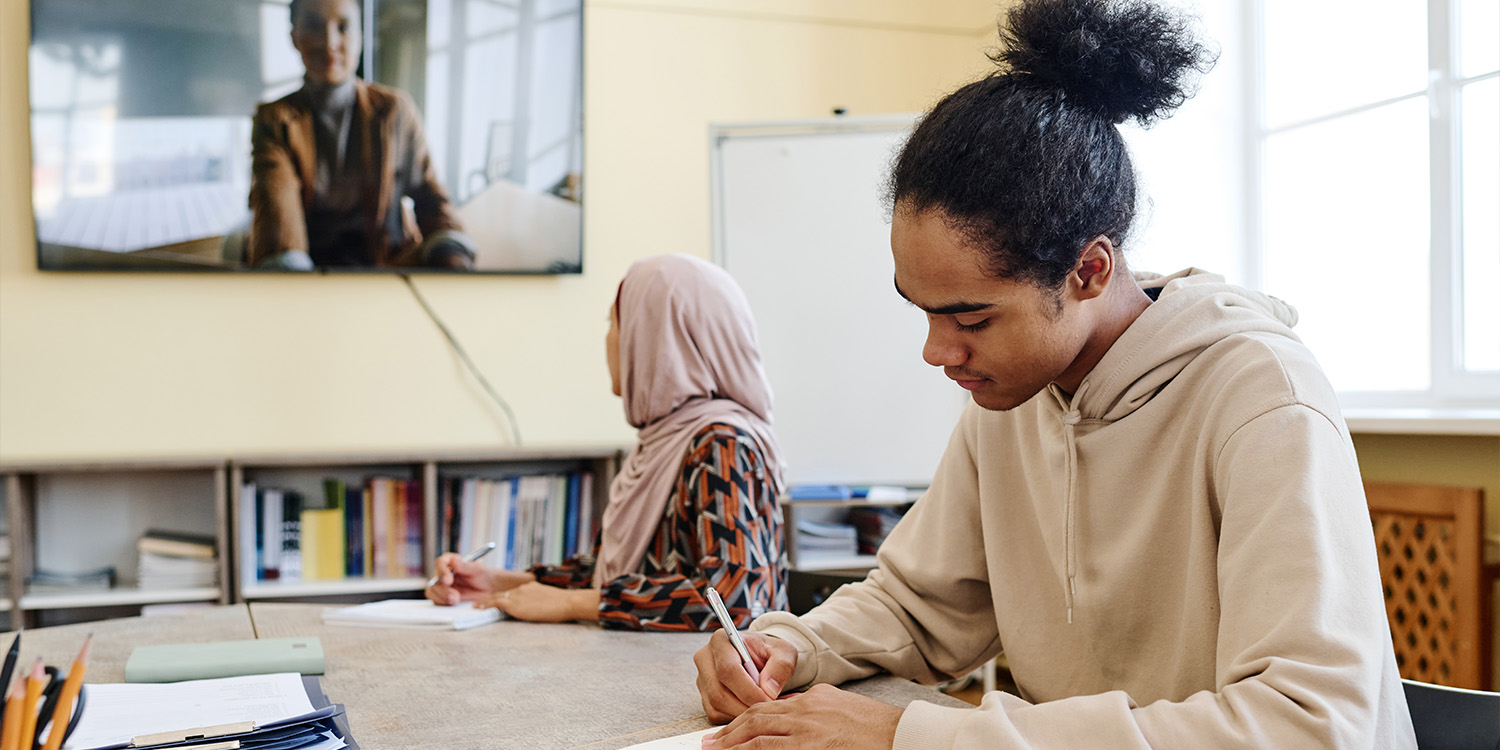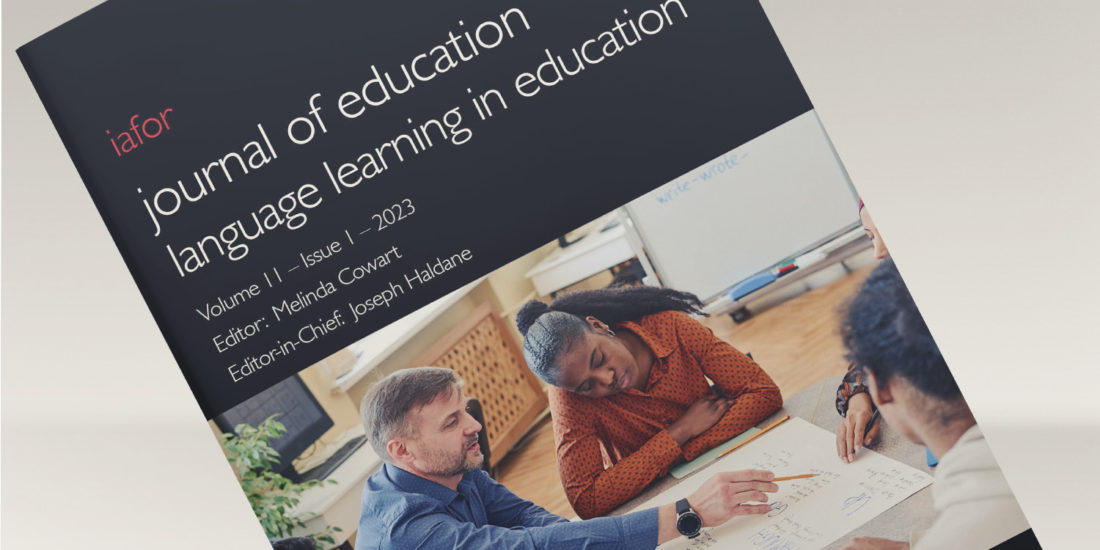Volume 11 – Issue 1: The Language Learning in Education Issue
Submissions open: Monday January 16, 2023
Submissions close: Friday February 24 (9am JST), 2023
Target publication date: Friday May 26, 2023
Educators engaged in teaching and researching the teaching and learning of second and additional languages continue to encounter new challenges and face the need to consider the affective aspects of language learning.
According to a report from The United Nations, there were 90 million displaced persons as of 2020, including refugees, asylum seekers, internally displaced people, and other globally displaced Venezuelans who still needed to apply for refugee status or political asylum. Of note, this report was provided prior to the beginning of the war in Ukraine which has definitely added to the numbers of traumatized people who have fled their home nations for sanctuary. Additionally, immigrants who elect to move to another country for education or economic reasons are among the large numbers of individuals who must learn an additional language in order to accomplish goals and achieve success. A world in tumult is on the move, leaving language and cultural identities in disarray and stress.
Few nations remain untouched by persons who must escape to a safe haven or those who assist newcomers in search of safety and the chance to thrive. For those who escape and the individuals and groups who receive them, language learning is commonly a certainty. A persistent mandate exists for improving the understanding of language and languages as well as the teaching and learning of language for children and adults. Uprooted by war, persecution, and other destabilizing factors, children and adults are compelled to engage in the language learning process in order to survive and flourish in a new home country or region.
Multiple questions remain regarding the academic, affective, cultural, and linguistic wellbeing of students who are language learners by necessity. Factors that may inhibit second language acquisition and acculturation and stem from school disruption due to war, escape, resettlement, and adjustment point to the following inquiries:
- What may be expected of children who have already missed significant aspects of their education because of school disruption in the heritage nations?
- When newcomer ELLs do not have access to technology, what alternative methods of teaching may be employed?
- What research-proven strategies can be implemented to ease culture shock and prevent language shock and loss?
- How may the emotional and psychological health of children and parents who are newcomers temporarily stifle second language acquisition?
- What are the academic/cognitive, linguistic, and affective effects of long-term exposure and trauma such as that which persons who have experienced a protracted period of war and loss?

The journal is open to a variety of topics. Some topics of interest may include:
-
- Adult language learners
- Characteristics of the most effective professional development for both preservice and inservice teachers and administrators
- Cross-cultural aspects of language learning
- Cross-cultural communication
- Curriculum and/or programme development for language learning
- Differentiated instruction for those engaged in language learning
- Innovation in educating diverse populations
- Language learning and assessment
- Reflective language teaching and learning
- Social issues in language learning
- Strategies for supporting the native language
- The role of the heritage language and culture in second language acquisition
- Using music and art to enhance academic achievement
The Language Learning in Education Issue will continue to accept submissions with specific focus on language learning among newcomers from harsh places, including refugees. In addition to the themes stated above, research that delves more deeply into the new methodologies in a time of crisis is invited. Such an exploration requires a closer look at both the mechanics of language learning and the affective domain and affective factors that influence the language learning process.
We are looking forward to all of your remarkable, thought-provoking submissions!
Melinda Cowart
Professor Emerita, Bilingual/ESL Teacher Education
Texas Woman’s University
Read last year's Language Learning in Education issue
Volume 11 Issue 1: Language Learning in Education
Submissions open: Monday January 16, 2023
Submissions close: Friday February 24 (9am JST), 2023
Target publication date: Friday May 26, 2023
Banner: Multiethnic students watching video in classroom. Photo: Unsplash+

